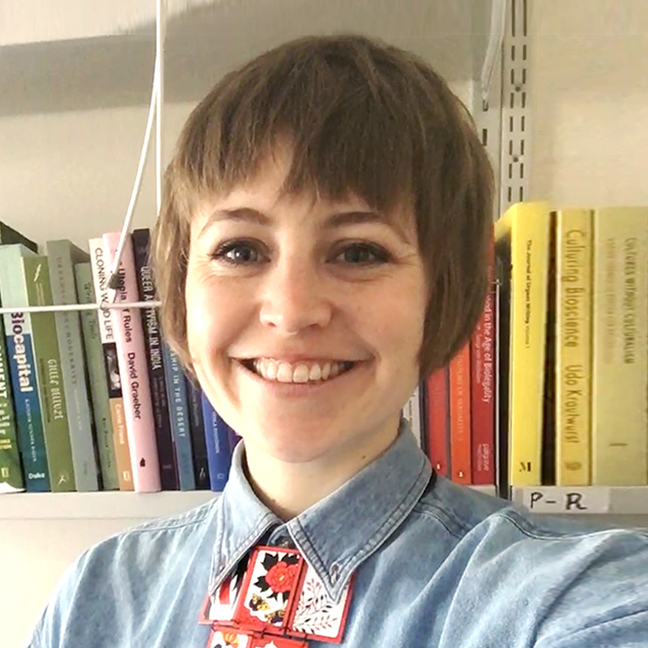Science and Technology Studies (STS)
Science and technology enhances our ability to thrive through the use of digital, medical, and environmental technologies, but it is not value neutral.
Our law makers, politicians, and public policy experts mobilise scientific insights to shape our collective futures. Science and Technology Studies (STS) critically explores the relationships between the social, political, and cultural forces that shape and are shaped by science and technology, historically and through new innovations.
A well-established area of scholarship, STS is recognized globally as space from where not only do we improve science for society, but also work towards making the science better (by being cognizant of its own cultures, values, and biases).
Scholarship in STS asks, how, for example, algorithms reproduce or challenge social biases. In what ways do scientific communities function as cultures unto themselves? How does our taken for granted knowledge about the world change over time, in step with changing social norms? What values do we expect science and medicine to have: transparency? autonomy? How do science, technology, and medicine vary across national contexts? Questions like these give us a window onto our most fundamental knowledge forms: they invite us to question how we know about the world around us, and whether we can know it better.
Researchers at the School for Science in Society are exploring these questions across a range of settings. For example, Courtney Addison is conducting research on the use of 1080 poison for pest control in Aotearoa. This work demonstrates how 1080 is put to use in diverse local contexts, and how the evidence base around 1080 is maintained and developed in response to technical limitations and social opposition. It also complicates popular narratives about 1080 opposition as simply unreasoned by empirically highlighting the many complex perspectives people bring to bear on their land, animals, and relationships to authority and expertise.
Nayantara Sheoran Appleton writes about science, technology, and medicine from a position of critical feminist, queer, racial and post-colonial STS. She has been working on the political and social sides of hormonal contraceptives for over a decade and stem cell research since 2013. For example, her previous work shows how media, politics, and pharmaceutical culture impact the contraceptive pill’s usage in India – and how they enhance particular ‘demographic desires’ in the citizenry. She is now starting a new research project on the Social Lives of Sex Hormones which critically engages with the fluidly of sex hormones across a life span, across different bodies, and the environmental changes we are living through. She also researches and writes collaboratively on the social and cultural implications of COVID-19.
STS scholars also ask how new scientific technologies make us re-examine our understanding of ethics. Technologies like gene and cell therapies challenge existing ethical norms and require close examination. How do these ethical challenges travel across national borders? This work prompts a critical engagement with regulatory frameworks.
Some recent research outputs can be viewed here:
- Contraceptive Futures? The Hormonal Body, Populationism and Reproductive Justice in the Face of Climate Change
- (Alter)narratives of ‘winning’: Supermarket and healthcare workers’ experiences of COVID19 in Aotearoa New Zealand
- Crowdfunding conservation science: Tracing the participatory dynamics of native parrot genome sequencing
- An Anthropogenic Table of Elements: Experiments in the fundamental
For more information, please contact:


